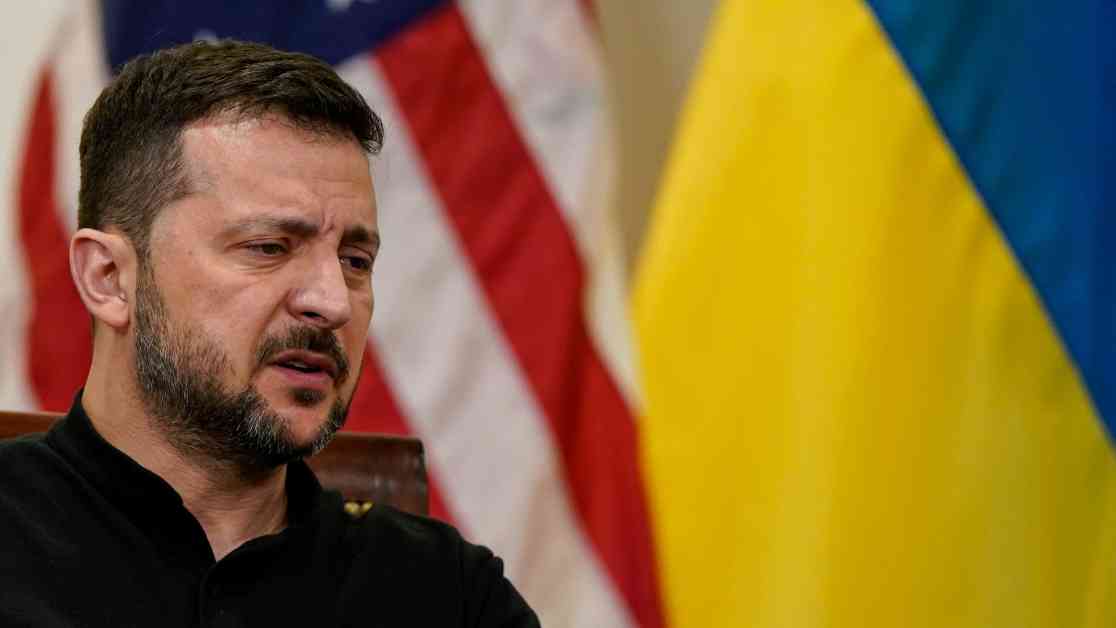Ukraine’s Struggle for Stability: Navigating a Changing Landscape
As the war in Ukraine approaches its third anniversary, the situation in the country appears dire. Despite putting up a fierce fight against the Russian invasion, Ukraine finds itself grappling with a rapidly deteriorating relationship with its long-standing military ally, the United States. Since President Donald Trump’s inauguration, the once robust support from the U.S. has dwindled, leaving Ukraine vulnerable and isolated on the global stage.
A Shift in Alliances: Declining U.S. Support
Since the beginning of the conflict on February 24, 2022, the United States has been a crucial pillar of support for Ukraine. However, recent developments indicate a significant shift in this dynamic. The prospect of continued U.S. military aid is now uncertain, raising concerns that Ukraine may be pressured into accepting an unfavorable peace deal with Russia. The absence of U.S. support for future peacekeeping missions further compounds Ukraine’s isolation, leaving the country adrift after years of relentless conflict.
A Thorn in Transatlantic Relations: Strained Ties
Tensions between the U.S., Europe, and Ukraine reached a boiling point as U.S. officials engaged in talks with Russian counterparts, excluding Ukraine from critical peace negotiations. President Trump’s contentious relationship with Ukrainian President Volodymyr Zelenskyy further exacerbated the situation, with both leaders trading barbs in a public spat. The exclusion of Ukraine from key discussions and the lack of clarity on the future of the region have left allies bewildered and dismayed by the administration’s approach.
Expert Insights: Assessing the Fallout
Experts and analysts closely monitoring the situation have expressed deep concerns about the U.S.’s handling of the crisis. By preemptively conceding key negotiating points to Russia, the U.S. has undermined Ukraine’s position and emboldened Russian aggression. Critics argue that the U.S. has failed to leverage its influence effectively, allowing Russia to dictate the terms of engagement without meaningful concessions. The lack of a cohesive strategy and clear objectives further muddle the prospects for a peaceful resolution to the conflict.
A Glimmer of Hope: Ukraine’s Resilience
Despite facing a bleak outlook, President Zelenskyy remains steadfast in his commitment to securing lasting peace for Ukraine. In the face of escalating tensions and geopolitical uncertainty, Zelenskyy emphasizes the importance of unity with America and Europe in achieving a secure and stable future. As Ukraine braces for the third anniversary of the conflict, the president’s resolve shines through, offering a beacon of hope for a war-weary nation.
As Ukraine navigates the treacherous waters of international diplomacy and military conflict, the road ahead remains fraught with challenges. With the support of its allies and a steadfast commitment to peace, Ukraine must weather the storm and emerge stronger from the crucible of war. Only time will tell whether the country can overcome the obstacles in its path and forge a new path towards stability and prosperity.













